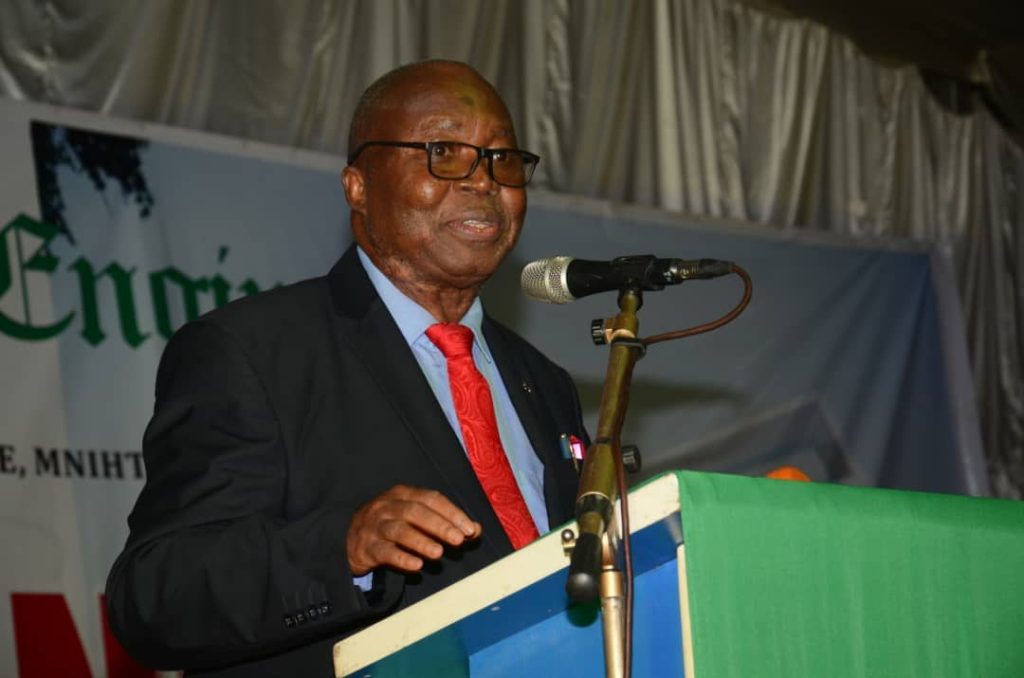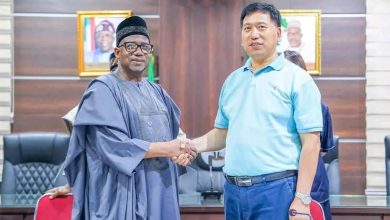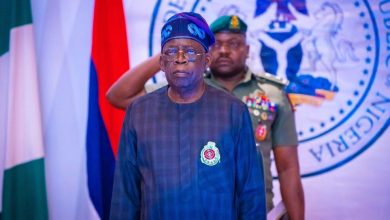Nigeria Urged to Reform and Modernize Ajaokuta Steel for Economic Growth
Nigeria must urgently reform Ajaokuta Steel Company to end decades of waste and mismanagement.
Professor Linus Asuquo says modern technology and private investment are key to revival.
The Director-General of the National Metallurgical Development Centre, Professor Linus Asuquo, has highlighted the urgent need for sweeping reforms to revive the Ajaokuta Steel Company Limited (ASCL), citing decades of mismanagement, obsolete technology, and broken infrastructure.

Citing a 2024 report from BudgIT’s accountability platform, he noted that Ajaokuta’s financial burden has continued to grow, with about ₦1.11 billion spent on it in the past two years alone. Nigeria, he added, has already invested over eight billion U.S. dollars in the project over more than 40 years, yet it remains non-functional.
Asuquo listed the steel company’s challenges, including mismanagement, corruption, and an incomplete value chain. He pointed out that the iron ore mines at the National Iron Ore Mining Company in Itakpe, Kogi State, have remained idle, while the rail line to transport ore to Ajaokuta faced years of delay and vandalism before its completion in 2020. Much of the plant’s machinery, he said, is outdated and inefficient.
He also flagged unresolved issues such as the displacement of 13 villages during the plant’s construction. To turn things around, he recommended rebuilding the supply chain, introducing modern mini-mill technologies, and replacing large-scale blast furnaces with compact strip production systems, which are cheaper, more energy-efficient, and quicker to deploy.
Other proposals included handing management to experienced private investors, transforming the facility into an industrial park and free trade zone, and implementing comprehensive community engagement through environmental and social impact assessments.
Asuquo stressed that revitalizing Nigeria’s underutilized steel assets would require policy reforms, strategic public-private partnerships, energy and infrastructure upgrades, investment in research and innovation, human capital development, raw material processing, and sustainable financing.
“Revitalizing Nigeria’s steel sector is a national imperative,” he said. “With political will, coherent policies, private sector collaboration, and sustained investment, the industry can drive industrialization and economic transformation.”



